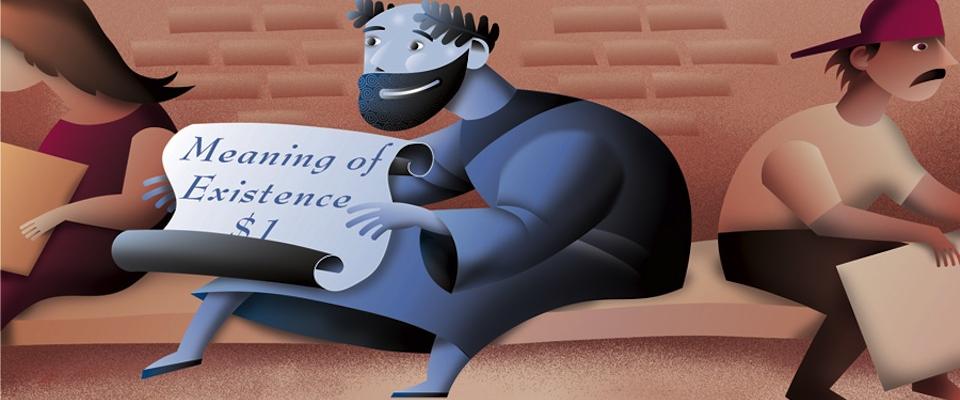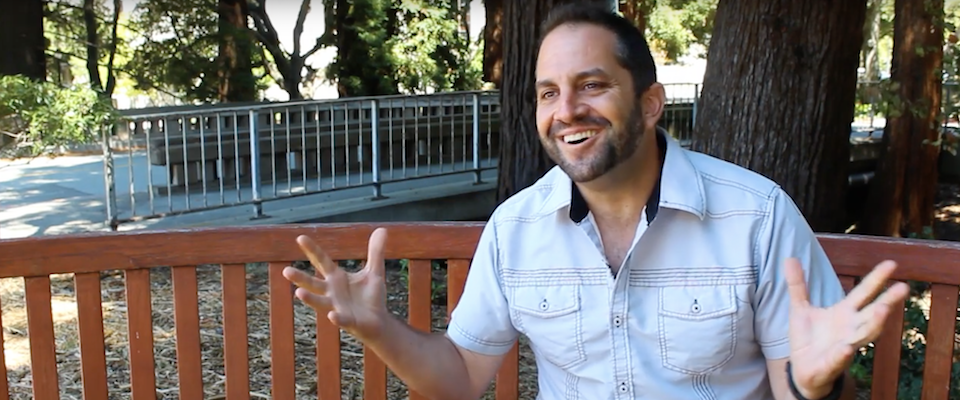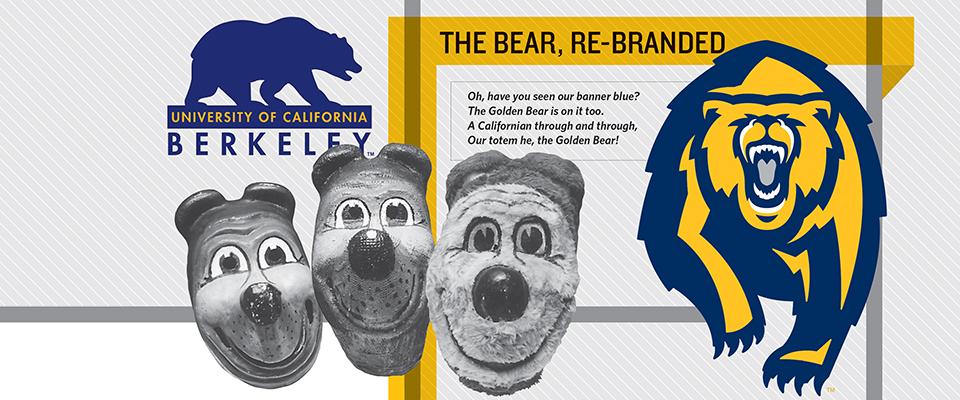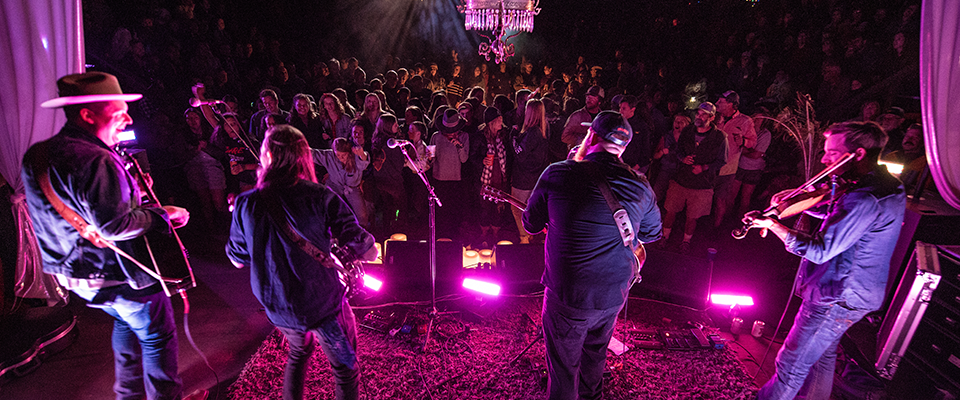When students decide to major in philosophy, they are often greeted with shock, bewilderment and parental dismay. And always a few jokes.
Such as: “How do you get a group of philosophers off your doorstep? You order pizza and then throw it outside your yard.”
Or this one about a Cal philosophy grad: “The only job he could get was at the zoo, where he had to dress up in a bear costume and go into a cage and act like a bear. One day they let another bear into the cage. Here was this bear coming at him and roaring, and he was terrified. When the other bear got close, it whispered, ‘Don’t worry. I’m a philosophy major, too.’ “
The teller of that joke is John MacFarlane, who also happens to be chairman of the UC Berkeley philosophy department. He can afford to be that jocular: He’s witnessing a tremendous surge of interest in philosophy at Cal. This spring, there are 193 philosophy majors, compared with 112 in spring 1996. Although there is yearly fluctuation, the past decade came close to doubling the number of philosophy majors compared to the previous decade.
And there are currently 44 graduate students.
Last year, 118 people graduated with philosophy degrees—marking a five-year resurgence in which the number of philosophy graduates jumped 61 percent from the same period a decade earlier. To accommodate the demand, the department significantly increased its lecture course offerings and seminars.
“I never realized how nuanced things could be. I was expecting abstract material. But I wasn’t expecting the complete rabbit hole that philosophy could be. Questions like, ‘Why are we here?’“
MacFarlane says no one is quite sure why philosophy has become so popular at UC Berkeley, a campus whose namesake is philosopher George Berkeley. However, in a recent review for The Atlantic of the book “Plato at the Googleplex: Why Philosophy Won’t Go Away,” philosophy professor Clancy Martin wrote: “Philosophy is making the kind of comeback that leaves a Hermann Hesse groupie glad to have headed for graduate school and ended up with tenure.”
This despite the fact that three years ago, physicist Stephen Hawking declared that philosophy was dead because philosophers hadn’t kept pace with developments in science. The following year, the Daily Beast website placed philosophy and religious studies sixth among the 13 most useless majors. Google “philosophy” and “useless,” and you’ll get 16 million hits. And every philosophy student is familiar with some variation of the saying that “majoring in philosophy is the most interesting path to poverty that one can ever take.”
So what’s going on? Why are so many students at Cal clamoring to major in philosophy and what happens to them when they graduate?
A small number become philosophy professors, MacFarlane says. Many enter law school. But it seems that career paths vary wildly, sometimes veering off in unusual directions but with a common set of skills valuable for any career, such as how to analyze an argument, question unexamined premises, communicate effectively and write clearly.
Although the Cal philosophy department does not track graduates, Professor Niko Kolodny, who is undergraduate faculty advisor, says many end up in established and hardheaded fields, such as medicine and finance. Others have taken unexpected directions, including a nurse-midwife, a chef, an Oakland Police Department sergeant, a scuba diver in Hawaii, and a filmmaker who made a documentary about female professional wrestlers in Bolivia.
Whatever they end up doing, Kolodny notes, their major is anything but a fast track to unemployment.
U.S. Department of Education studies show that philosophy majors consistently have among the highest scores on tests for admission to postgraduate study, such as the GRE and LSAT. An article in the London Times described philosophy as the “ultimate transferable work skill”—a phrase that philosophy departments nationwide quickly seized upon, perhaps to counter the perennial question of why anyone should study something so seemingly impractical and arcane.
“It’s a means for establishing other means instead of a means to an end,” says Mi-Hwa Saunders, a Cal philosophy major who graduated in 2011. “I thought it would give me a good foundation for critical analysis and thinking. From there I could catapult to wherever I wanted, with a strong understanding of how I wanted to use my brain and make good rational decisions.”
Her mother and father were “wildly not supportive,” which she says is not surprising, given that parents want their children to prosper, and worry if there’s no indication that it will happen in the near future. But Saunders says people of her generation understand that a bachelor’s degree can’t get you where it did 20 or 30 years ago.
Cal’s program was much harder than she expected and the strenuous grading was as tough as it’s reputed to be—which MacFarlane confirms. But Saunders, who lives in Sacramento and turns 24 in April, has no regrets. She says it helped stifle “reactionary impulses” and provided a “buffer zone” between immediate feelings and later conclusions.
In January, she returned from two and half years in the Peace Corps in Cape Verde and Mozambique, where she was a teacher and community development organizer. Now she’s waiting to hear from three master’s programs she applied to, focusing on human rights and international development.
“One thing philosophy is good at is getting students to think outside the box,” MacFarlane says. “We have students thinking about some very bizarre things. Could there be time travel? What’s the relation between the mind and the body? Your normal life doesn’t give you many tools to think about things like this.”
As an example, he mentions Hollywood producer Mike Fleiss, creator of the reality TV series “The Bachelor,” who studied philosophy at Cal and spoke at the department’s graduation one year. “He attributed his ability to come up with some of these new ideas in TV programming to his philosophical training, which gave him practice in thinking about odd, unordinary possibilities,” MacFarlane says. “So hopefully that generalizes to more wholesome areas of life than reality TV.”

This year’s graduation speaker will be NPR White House correspondent Tamara Keith, a former UC Berkeley philosophy major.
Chris Hay, a 31-year-old organic farmer in the Yolo County, California community of Woodland, was in pre-med mode when he entered Cal. But he soon tired of memorizing and regurgitating, and turned to philosophy instead.
“I think I might have been slightly intimidated by the rigors of philosophy,” he recalls. “It might be one of my character flaws. If it seems impossible, I’m attracted to it.”
He likes to work hard and enjoys being outside and doing physical things—he was an early skateboarder, and a high school wrestler and football and ice hockey player. While he was at Cal, he worked 45 hours a week busing tables at Chez Panisse. He graduated in 2006 and started Say Hay Farms four years later.
“Anything after philosophy is equally improbable,” Hay says. “I had no business background, no agriculture background, and I was completely unqualified to start a farm. But everything that comes up, we just problematize and find solutions.”
“Problematizing” issues, and finding solutions, is something he learned how to do from Hubert Dreyfus, one of his favorite professors. That’s a particularly helpful skill given the drought, when “it’s been an absurdly difficult year to be a farmer,” Hay says.
“Philosophy helped me trim the fat in my own thoughts. And I learned how to sit with my thoughts and have some insight and get to know myself a lot better. It was enormously beneficial. It’s the best possible degree I could have gotten, for someone wanting to do something very independent and creative.”
After he graduated from Cal in 2013 with a philosophy degree, 29-year-old Kelly Champ pursued a more traditional path than Hay’s. But he echoes the farmer’s sentiments. “I couldn’t have asked for a better major,” says the former Marine as he sits at a table outside Boalt Hall, where he’s a first-year law student.

Champ, a native of Boise, Idaho, provided security for nuclear weapons at a Washington state naval base. He also worked as a correctional officer and served in Iraq in 2006. Studying philosophy was and wasn’t what he expected.
“I never realized how nuanced things could be,” says Champ, 29, who now lives in nearby Albany. “I was expecting abstract material. But I wasn’t expecting the complete rabbit hole that philosophy could be. Questions like, ‘Why are we here?’ “
He grappled with the kinds of queries that children, including his 6-year-old daughter, ask all the time. “Instead of giving an answer, I’ve taught her to ask more questions,” he says. “In philosophy, it’s more about what questions you ask that what answers you give.”
Being a philosophy major changed how he thought. “I had certain beliefs for so long, but I didn’t even know why I believed them,” he says. “Philosophy has helped me understand the other side isn’t so crazy and my side isn’t so great.”
As a result, his perspective has shifted on several issues—such as immigration, for instance. “I used to think illegal immigrants shouldn’t be here because they were breaking the law,” Champ says. After he began pondering the desperate plight of so many newcomers to the United States, “I started thinking about what I would do if I were in that position. And I realized I’d do exactly the same thing.”
George Leaman, director of the Philosophy Documentation Center, a nonprofit publisher and resource center in Virginia, said there are more philosophers than ever in the United States—13,084, including current and retired faculty, graduate students and independent scholars, along with 1,611 philosophy departments or places where philosophy is taught. This collection of fresh data reflects modest increases from two years ago, as well as “continuing strength in numbers of faculty and institutional commitments to philosophy as a discipline.”
Still, Leaman says, “It’s too often the case that philosophy is ridiculed. The very word provokes a reaction.”

That reaction, however, is not always negative. “I felt that people treated me differently because I was a philosophy major at Cal,” says Claudia Orson Terry, 49, of Petaluma. “They were just intrigued.”
Her philosophical bent never went away: “The question ‘Why?’ is just always present for me. Maybe that is the direct result of the major. Or maybe it’s why I was drawn to it.”
After she graduated in 1990, Terry was surprised to find that she could apply what she learned at Cal to concrete things. For 11 years, she worked for a family law center in Marin, obtaining restraining orders for battered women and children. The bilingual Terry, whose parents are from Chile, employed both her Spanish and her strong writing skills, acquired studying philosophy, and she stuck to the facts and created a logical sequence of events. It all paid off, she said: The center was highly successful in assisting its clients.
Later, Terry became an interior designer and then helped at-risk youth get through school. Now she’s finishing up her training as a yoga instructor and will be offering retreats for women at a wellness center.
“I knew philosophy would be a steppingstone,” Terry says. “I have a great affection for my major. And I’m still surrounded by my books. They’re in my living room.”
Inevitably, whenever philosophy students tell people what they’re majoring in, they’re asked: “What do you do with that?”
Such a student can always point to former philosophy majors such as Martin Luther King Jr., Bill Clinton, Harrison Ford, Pearl Buck, John Elway, Carly Fiorina, Woody Allen and T.S. Eliot. But most of the time, the answer is, “I don’t know.”
That wasn’t good enough for Chris Rodriguez. His solution was a double major: philosophy and business administration. “Most people don’t think those things mix at all. But you’ve always got to hedge your bets because you never know what’s going to happen,” says Rodriguez, co-founder of Cal Armed Forces Alumni for Equity and Inclusion, the first vet alumni group at UC Berkeley.
Rodriguez is the son of immigrants from El Salvador who came to the United States in 1981. His father is a San Francisco taxi driver and his mother is a nanny. A week after graduating from high school in Vallejo in 2001, he enlisted in the Air Force and became an avionics technician for F-16s. When he left the military five years later, there was a huge downturn in the aviation industry.

“There weren’t any jobs out there for me,” recalls Rodriguez, who graduated from Cal in 2011. “I had to reinvent myself. I didn’t have the choice of wandering through my life. I had to try to find a way to be successful, and also to appease my own desire to know, to understand, to have meaning.”
One of his favorite professors was Hans Sluga. “In his classes, it felt like every sentence was a wealth of knowledge that was easily digestible,” says Rodriguez, 31, who now lives in Oakland. “There need to be more practical applications in philosophy, and he gave me words that resonated with my idea of putting philosophy into action.”
Today Rodriguez is marketing operations manager for a transportation company. As far removed as it might seem, his philosophy background influences how he does his job, he said. He thinks about end goals, his environment, people’s behavior and what questions he should ask himself.
That kind of career-minded pragmatism was not on David Hopkins’ mind when he started at Berkeley in 1976. A religious studies major, he had a passion for Buddhism, particularly Zen, and was drawn to the Eastern philosophy courses available at UC Berkeley.
“I think of Western philosophy as thinking and Eastern philosophy as feeling,” says Hopkins, emphasizing that he was greatly oversimplifying. “In Eastern philosophy there is a physical practice and a mental practice, which actually involves not thinking.”
The 56-year-old Hopkins, who grew up in San Francisco’s tony Pacific Heights, became a contractor, boat builder and custom cabinetmaker. Now he’s a carpenter who lives in El Cerrito. It took 20 years to get his degree, but he’s glad he made the effort.
Philosophy taught him how to write and to love the way words fit together, not unlike wood in the hands of a skilled craftsman.
“I have almost a daily habit of putting what happens into the context of the philosophy I’ve studied,” says Hopkins, sipping a latte at a restaurant near his house. “There’s a sense of priority about what happens and what doesn’t.”
Some credit the renewed interest in philosophy to the realization that the most pressing questions of our lives simply aren’t better answered elsewhere.
Philosophy chair MacFarlane put it another way: “There’s a kind of pre-professional way of looking at it as, ‘Well, this is training for other things I could do for my profession, to make a living,’ but it’s also training for living itself. That’s what a lot of people find valuable about it. They think when they finish, ‘Well, maybe I’ve still got some work to do to get a job. But I’m really glad I did this because my practice in thinking about things in this way enriches my life. It makes everything more interesting for me.’
“It’s very difficult to be bored if you’re a philosopher.”





















